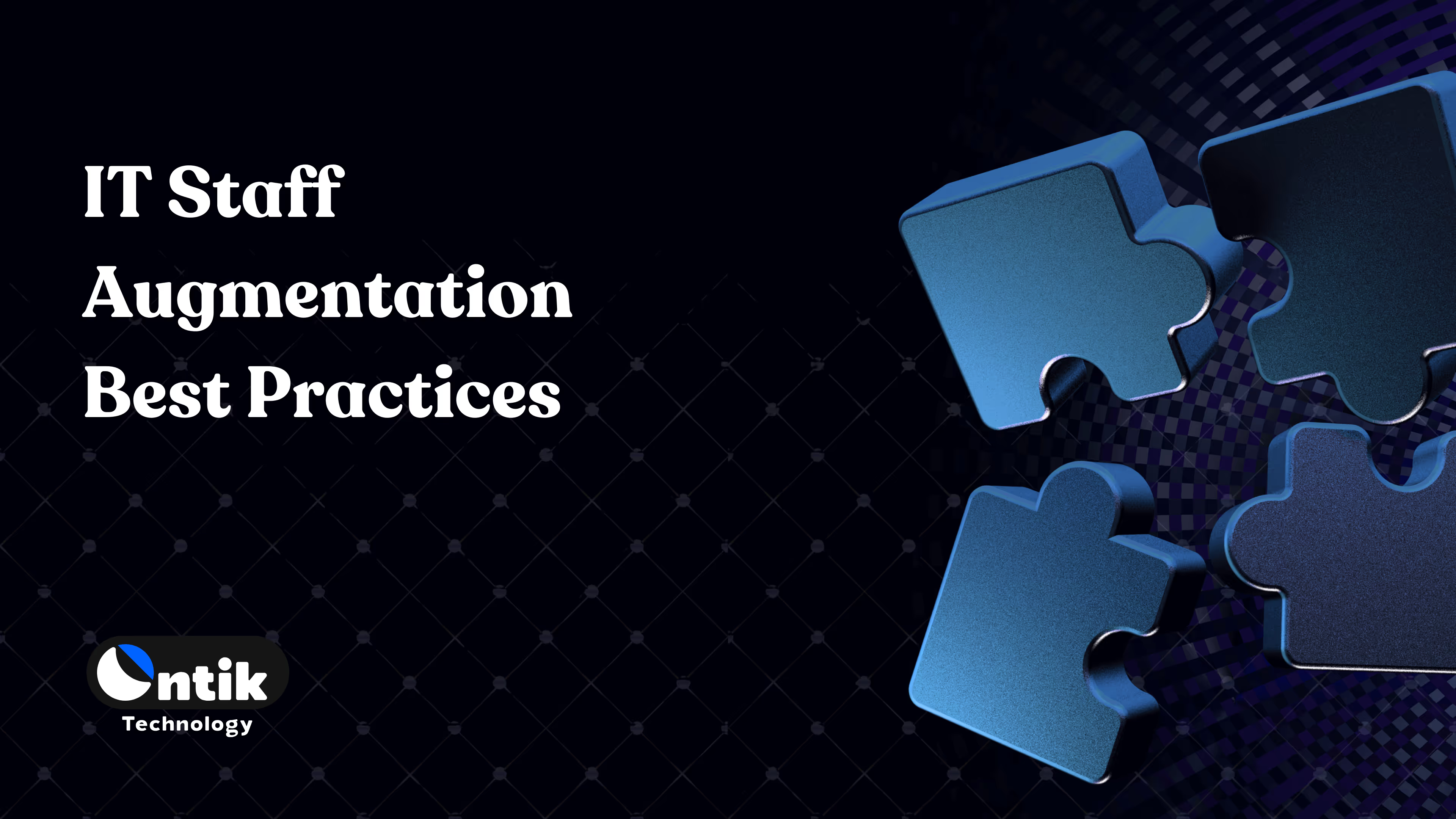10 min
Jul 31, 2025
Staff Augmentation Best Practices: Scale Your Team Efficiently
Discover the power of Staff Augmentation Best Practices in IT. Optimize team efficiency, transparent communication, and successful project outcomes.
Read More
The latest updates, stories, idea, guides from the Ontik team

Discover the power of Staff Augmentation Best Practices in IT. Optimize team efficiency, transparent communication, and successful project outcomes.